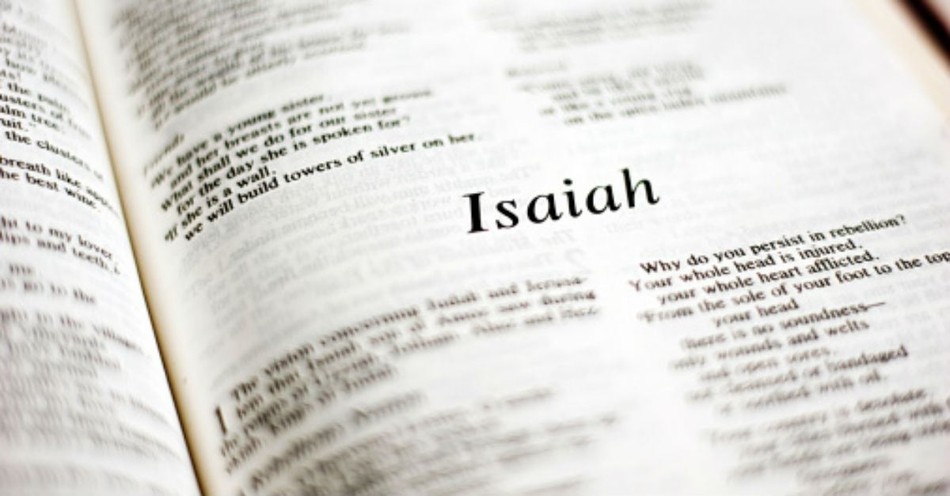
The following is a transcribed Video Q&A, so the text may not read like an edited article would. Scroll to the bottom to view this video in its entirety.
"Son of Amos we know... a prophet of God, significant because he was a spokesman of God, significant because he brought a truth that they needed to hear, that wasn't being spoken. The priests and the prophets of his day were corrupt, they were telling lies. There's a lot in there about lies, so he was an oracle himself of God, spokesman of God, who brought truth.
He brought both warning and comfort, strength of message, so he was for them at that point in time and history, he was a last hope if they didn't listen to him, and they didn't, and they were going to be marched out of the promised land. But yet they marched out, God in his kindness marched them into Babylon with a promise that there was a new thing that was going to happen, and the streams were going to flow in the desert.
Again, that's the echo of Jesus, being the water of life, and bringing water, which meant life in an arid climate, so you can't help but to think of John, chapter four and meeting the Samaritan woman there at the well. He said, 'If you knew who you were talking to, you'd ask me for a drink, and I would give you water, that you'll never be thirsty.
That water motif is prominent in Isaiah, but Isaiah was the spokesman and boy, they ignored him at their peril."
_639003522088907085.jpg)

